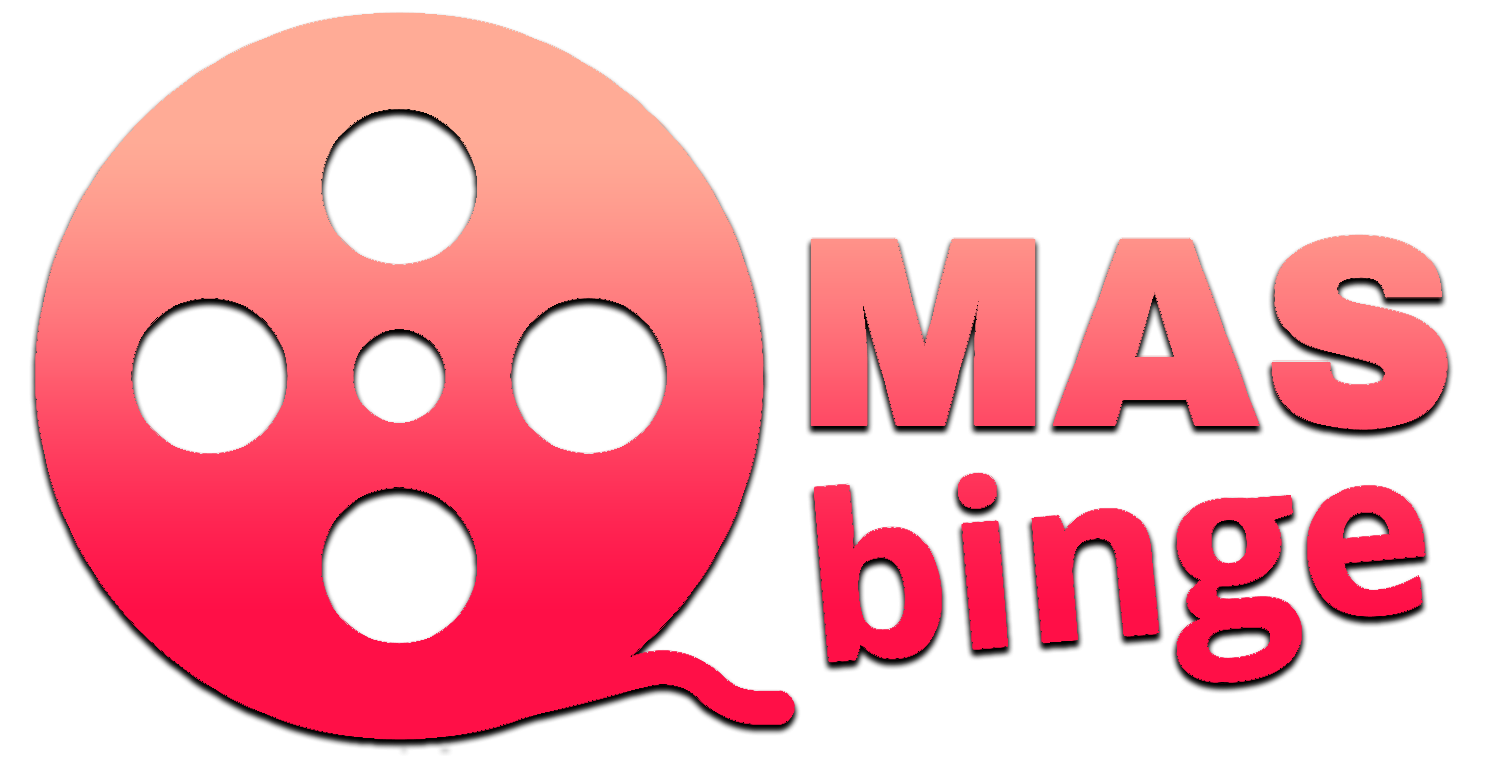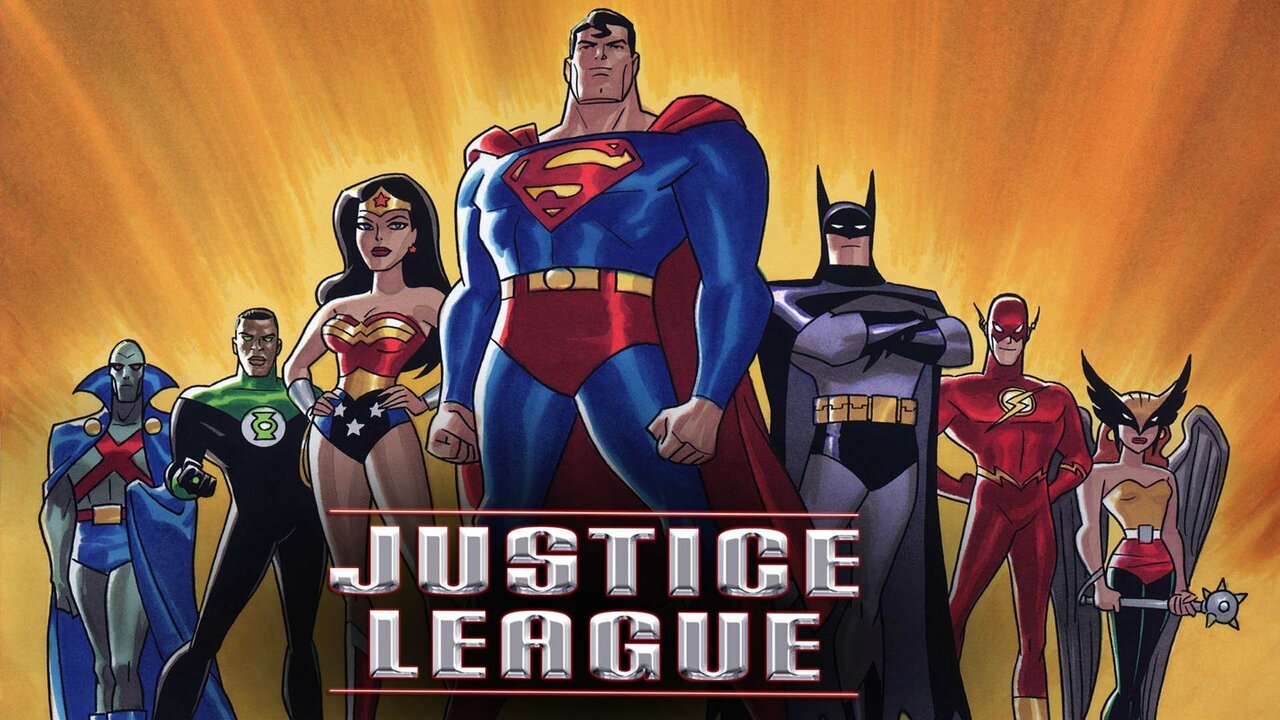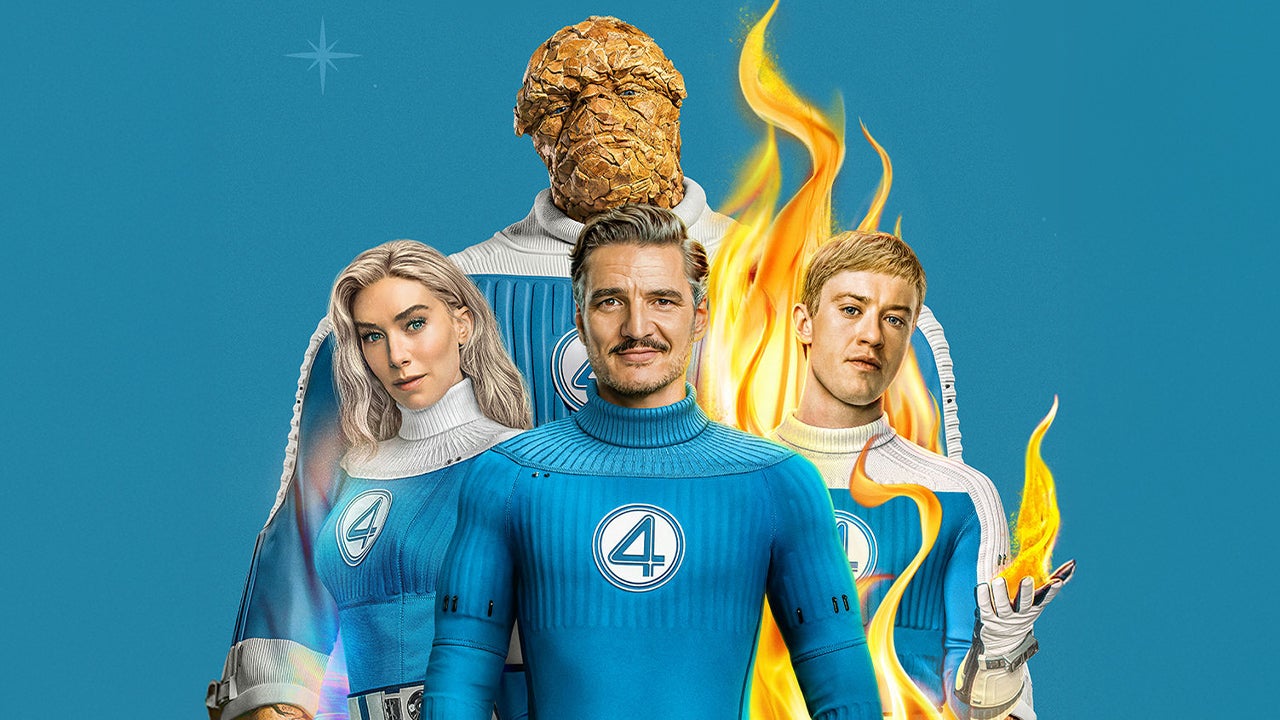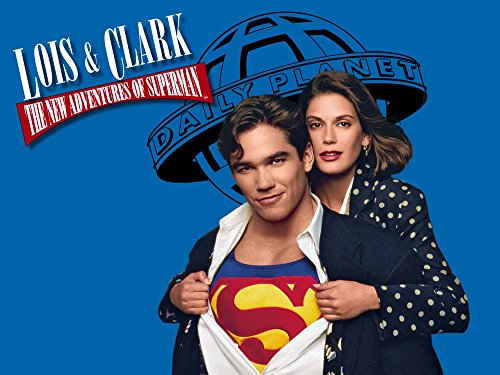Iron Man (2008) – The Film That Launched the Marvel Cinematic Universe

When Iron Man hit theaters in May 2008, few could have predicted that it would spark what would become the Marvel Cinematic Universe (MCU) — the biggest and most successful film franchise in history. Directed by Jon Favreau and starring Robert Downey Jr., the film not only revitalized the superhero genre but also redefined blockbuster storytelling for a new era.
Iron Man follows the story of Tony Stark (Robert Downey Jr.), a billionaire genius, playboy, and weapons manufacturer whose life takes a drastic turn after he is captured by terrorists in Afghanistan. Forced to build a weapon of mass destruction, Stark instead creates a suit of armor to escape captivity.
Haunted by the destruction his company’s weapons have caused, Stark returns home determined to use his genius to protect rather than destroy. As he develops the Iron Man armor and takes on the role of a hero, he faces betrayal within his own company, particularly from Obadiah Stane (Jeff Bridges), who seeks to use Stark’s technology for his own gain.
At its core, Iron Man is a story of redemption, transformation, and responsibility — themes that resonated strongly with audiences.
The Cast
Robert Downey Jr. as Tony Stark / Iron Man – A career-defining role that turned Downey into a global superstar. His mix of charm, wit, and vulnerability perfectly embodied the character.
Gwyneth Paltrow as Pepper Potts – Tony’s assistant and confidante, providing both grounding and emotional depth.
Terrence Howard as James “Rhodey” Rhodes – Tony’s loyal friend in the military, hinting at a future partnership.
Jeff Bridges as Obadiah Stane – A father figure turned villain, whose greed and ambition put him directly at odds with Stark.
The chemistry between the cast — especially between Downey and Paltrow — elevated the film beyond typical superhero fare.
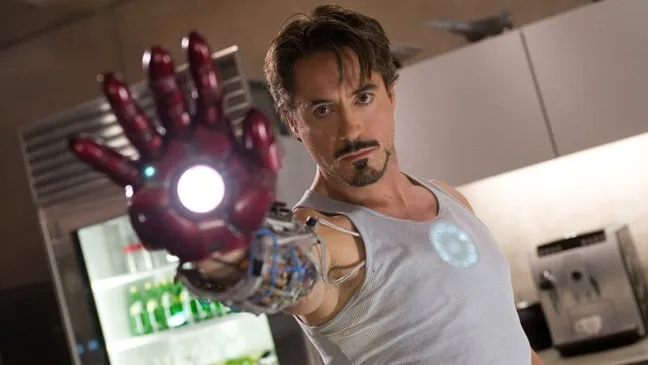
A Risky Gamble That Paid Off
Marvel Studios, at the time, wasn’t the powerhouse it is today. In fact, Iron Man was its first self-financed film, and the choice of Robert Downey Jr. was seen as a gamble due to his troubled past. But the risk paid off spectacularly — Downey’s performance was universally praised and became the cornerstone of the MCU.
Director Jon Favreau also brought a grounded, witty, and stylish tone to the film, blending high-tech spectacle with human drama.
The Groundbreaking Post-Credit Scene
Perhaps the most significant moment came after the credits rolled, when Samuel L. Jackson appeared as Nick Fury, teasing the formation of the Avengers. At the time, this was a bold experiment, but it set the stage for the interconnected cinematic universe that fans know and love today.
Reception and Legacy
Iron Man was both a critical and commercial success, grossing over $585 million worldwide. Critics praised its sharp script, charismatic performances, and thrilling action. But more importantly, the film proved that superhero stories could combine spectacle with heart and humor.
It laid the foundation for the MCU, which has since expanded into dozens of films and series. Without Iron Man, the modern superhero era as we know it might never have existed.
Conclusion
Iron Man wasn’t just the beginning of the MCU — it was a revolution for superhero storytelling. With Robert Downey Jr.’s unforgettable performance, Jon Favreau’s stylish direction, and a daring new vision for interconnected films, it set the tone for over a decade of blockbuster success.
Even today, Tony Stark’s words from the final scene — “I am Iron Man” — remain one of the most iconic moments in film history.
